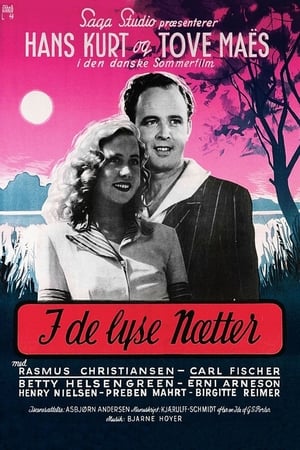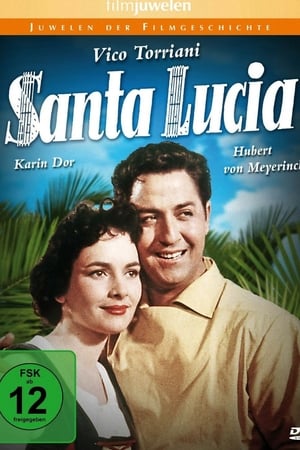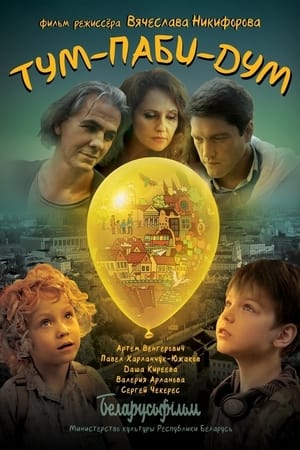

A Winter's Journey(2007)
A documentary film about singing and a young man in search of himself and his voice.
Movie: A Winter's Journey
Top 2 Billed Cast
himself
himself

Talvinen matka
HomePage
Overview
A documentary film about singing and a young man in search of himself and his voice.
Release Date
2007-01-01
Average
6
Rating:
3.0 startsTagline
Genres
Languages:
DeutschsuomiKeywords
Recommendations Movies
The Magnetic Man(fi)
A look at the life and music of Pekka Streng who died at the age of 26 in 1975.
One Lucky Man(en)
Lucky, a homeless man living in the UK, faced daily struggles to survive. Each day, he would sit on the streets, relying on the kindness of strangers to get by. One day, a kind-hearted young woman named Jessica stopped and gave him 50p, along with a warm smile. Her small gesture gave Lucky a glimmer of hope, and he began to dream of a better life. The next day, as Lucky returned to the streets, a wealthy businessman named Mukesh passed by with his security guard, Mark. Feeling sorry for Lucky, Mukesh decided to help in an unexpected way. Since he had no cash on hand, he bought Lucky a lottery ticket instead. Lucky accepted it with gratitude, never expecting what was to come. The following day, Lucky visited the shop to check his ticket. To his shock, the shopkeeper announced that he had won the jackpot. Overwhelmed with emotion, Lucky realized his life had just changed forever. As he celebrated, Mukesh and Mark walked into the shop for coffee,
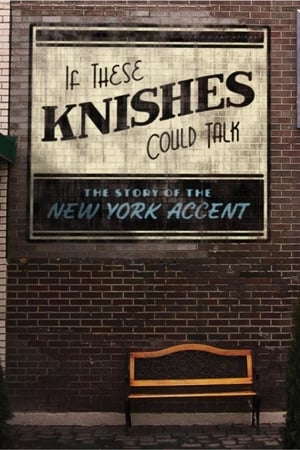 7.6
7.6If These Knishes Could Talk: The Story of the NY Accent(en)
The story of the New York accent, as told by New Yorkers.
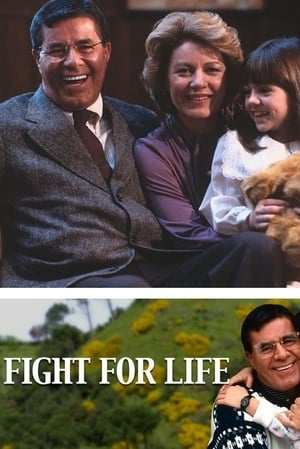 5.5
5.5Fight for Life(en)
Jerry Lewis plays an Ohio optometrist who has a six-year old daughter with epilepsy. He fights to get the FDA to approve a drug (at that time only available in England) for use in the U.S.
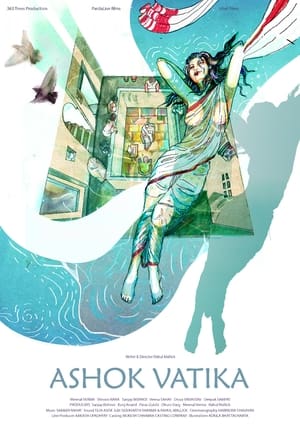 6.0
6.0The City is Red(hi)
Ashok Vatika is about a young window's quest for love and companionship in a conservative society where female desires are suppressed.
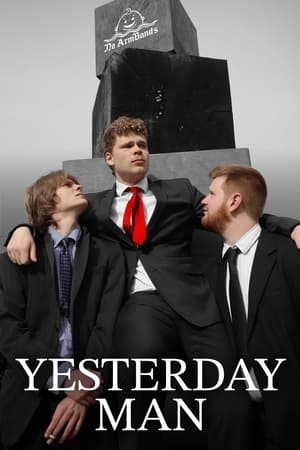 0.0
0.0Yesterday Man(en)
A Politician's success through greenwashing ignites a power struggle in his environmental team between longtime employee and newcomer.
Ali vs Stevenson: The Greatest Fight That Never Was(en)
After winning his second Olympic gold medal at the 1976 Montreal games, Cuban boxer Teófilo Stevenson was at his peak. American promoters offered him $5 million to turn pro and challenge world heavyweight champion Muhammad Ali. Stevenson refused the offer, asking "What is one million dollars compared to the love of eight million Cubans?"
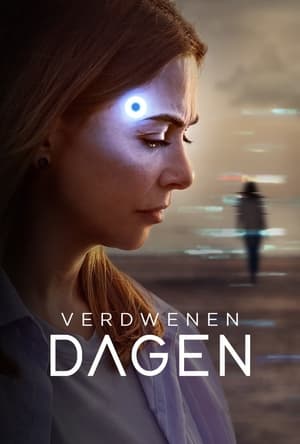 4.0
4.0Verdwenen Dagen(nl)
In a virtual reality simulation that allows people to relive precious moments, a young woman is unintentionally confronted with deeply suppressed memories of her first true but lost love.
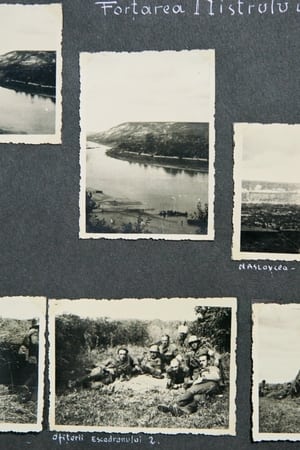 6.0
6.0Memories from the Eastern Front(xx)
A cinematic analysis of a photo album made by a Romanian Army unit in WW2.
 0.0
0.0The Last Taboo(de)
Hard to imagine, but true: According to current estimates, out of 500,000 active male football professionals worldwide, under ten (10) are openly homosexual. While homosexuality hardly plays a role in other areas of life today, the topic seems to be completely taboo in professional football. The feature-length documentary THE LAST TABOO lets those who broke exactly this taboo tell their very personal stories alongside Thomas Hitzlsperger. Like the British professional footballer Justin Fashanu (*1961 in London; † 1998 in London), who broke this taboo for the first time in 1990 and paid for it with his life. His niece Amal tells his story. Marcus Urban, on the other hand, was about to make the jump to the Bundesliga as a teenager and, by deciding to come out, he also went against his big dream. The stories of the US professional Collin Martin and the British player-coach Matt Morton, on the other hand, suggest that normality is not far away.
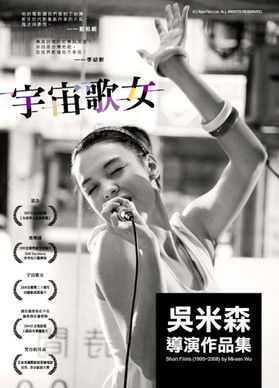 5.0
5.0Diva Viva(cn)
Once upon the time on a small island named Taiwan, a neighborhood magistrate receives a secret message from space. 'The apocalypse is near...' the magistrate warns his people, however nobody seems to take his words seriously...
 0.0
0.0Calunga Maior(pt)
The writer Ana, recently orphaned, decides to venture down the alleys of memory and her broken relationship with her mother and grandmother.
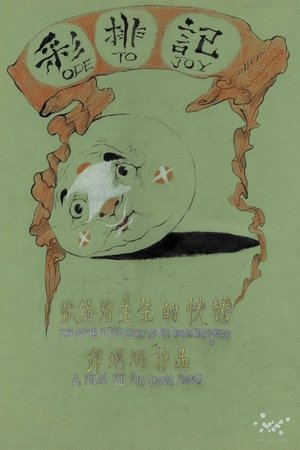 8.0
8.0Ode to Joy(zh)
An essential background for Qiu Jiongjiong’s recent A New Old Play, this dazzlingly playful short documentary remixes a Sichuan opera company’s dress rehearsal for its tribute to Qiu Fuxin, the director’s grandfather – who was a legendary opera performer of 'clown' comedic roles, and the real-life subject of A New Old Play. This exuberant celebration of a not-yet-lost past re-activates the memories of ageing, but irrepressibly vital, stage artists.
Similar Movies
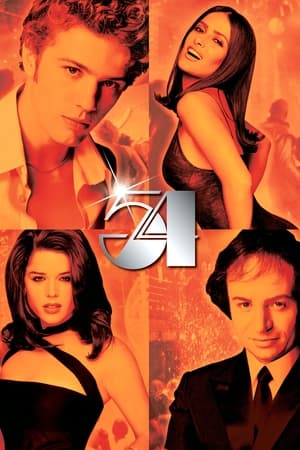 5.9
5.954(en)
Shane O'Shea, a Jersey boy with big dreams, crosses the river in hopes of finding another, more exciting life at Studio 54. When Steve Rubell, the mastermind behind the infamous disco plucks Shane from the sea of faces clamoring to get inside his club, Shane not only gets his foot in the door, but lands a coveted job behind the bar - and a front-row ticket to the most legendary party on the planet.
 7.1
7.1The Phantom of the Opera(en)
The deformed Phantom who haunts the Paris Opera House causes murder and mayhem in an attempt to make the woman he loves a star.
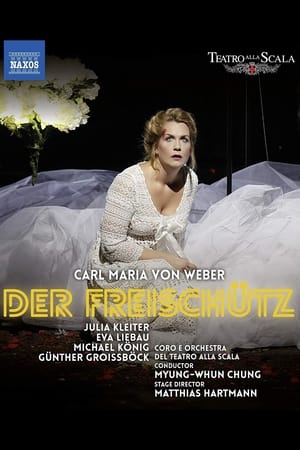 0.0
0.0Der Freischütz(de)
Weber was at the forefront of the rise of German Romantic opera and sought to dethrone Rossini from his position as the leading operatic composer in Europe. In his breakthrough and most popular opera Der Freischütz (The Marksman) composed in 1821, he succeeded in his aim of establishing a truly German form. Turning to the folklore and folk songs of his native land he took a story of a marksman who makes a pact with the Devil, vesting it with powerful intensity not least in the famous Wolfs Glen scene and an astonishing control of orchestral color and atmosphere.
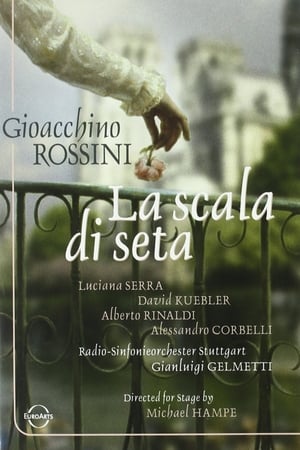 0.0
0.0La Scala di Seta - Rossini(en)
This beautiful production by renowned opera director Michael Hampe was recorded at the exquisite Rococo Theatre in Schwetzingen Palace in May 1990. La scala di seta is one of the five one-act operas - farsa giocosa - in which the young Rossini first demonstrated his operatic genius. This sparkling production continues the Rossini one-act opera series emerging from the Schwetzingen Festival. The staging is perfectly suited to the screen and the cast of principals, led by David Griffith and Luciana Serra provide musical excellence together with the flexible Stuttgart Radio Symphony Orchestra.
 7.0
7.0Cavalleria rusticana(it)
Franco Zeffirelli directs these two legendary La Scala productions telling tragic tales of jealousy. Mascagni's Cavalleria Rusticana features performances by Elena Obraztsova, Plácido Domingo, and Renato Bruson. Leoncavallo's I Pagliacci stars Teresa Stratas, Plácido Domingo, and Juan Pons. Both are conducted by George Pretre. This production of Pagliacci earned director Franco Zeffirelli the coveted Emmy as Best Director in the category of Classical Music Programming.
 6.8
6.8Così fan tutte(it)
Who loves whom in Così fan tutte, Mozart’s and Da Ponte’s cruelly comic reflection on desire, fidelity and betrayal? Or have the confusions to which the main characters subject one another ensured that in spite of the heartfelt love duets and superficially fleetfooted comedy nothing will work any longer and that a sense of emotional erosion has replaced true feelings? Così fan tutte is a timeless work full of questions that affect us all. The Academy Award-winning director Michael Haneke once said that he was merely being precise and did not want to distort reality. In only his second opera production after Don Giovanni in 2006, he presents what ARTE described as a “disillusioned vision of love in an ice-cold, realistic interpretation”.
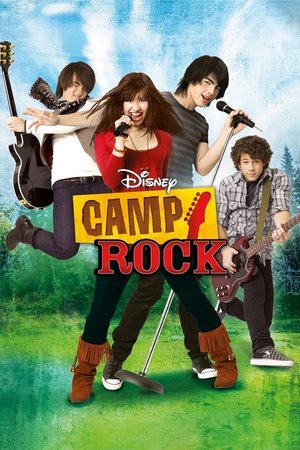 6.4
6.4Camp Rock(en)
When Mitchie gets a chance to attend Camp Rock, her life takes an unpredictable twist, and she learns just how important it is to be true to yourself.
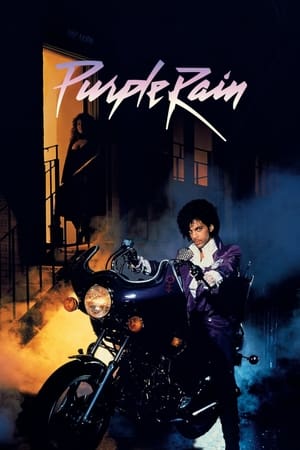 6.7
6.7Purple Rain(en)
A victim of his own anger, the Kid is a Minneapolis musician on the rise with his band, the Revolution, escaping a tumultuous home life through music. While trying to avoid making the same mistakes as his truculent father, the Kid navigates the club scene and a rocky relationship with a captivating singer, Apollonia. But another musician, Morris, looks to steal the Kid's spotlight -- and his girl.
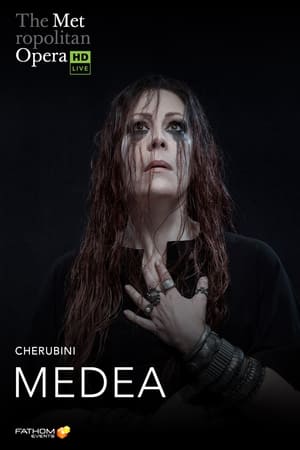 0.0
0.0The Metropolitan Opera: Medea(it)
Having triumphed at the Met in some of the repertory’s fiercest soprano roles, Sondra Radvanovsky stars as the mythic sorceress who will stop at nothing in her quest for vengeance. Joining Radvanovsky in the Met-premiere production of Cherubini’s rarely performed masterpiece is tenor Matthew Polenzani as Medea’s Argonaut husband, Giasone; soprano Janai Brugger as her rival for his love, Glauce; bass Michele Pertusi as Glauce’s father, Creonte, the King of Corinth; and mezzo-soprano Ekaterina Gubanova as Medea’s confidante, Neris. Carlo Rizzi conducts.
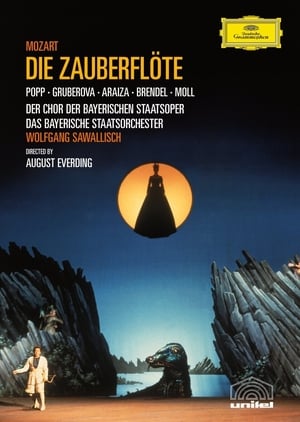 0.0
0.0The Magic Flute(de)
The Queen of the Night enlists a handsome prince named Tamino to rescue her beautiful kidnapped daughter, Princess Pamina. Aided by the lovelorn bird hunter Papageno and a magical flute that holds the power to change the hearts of men, young Tamino embarks on a quest for true love, leading to the evil Sarastro's temple where Pamina is held captive.
 8.0
8.0Amadeus(en)
Disciplined Italian composer Antonio Salieri becomes consumed by jealousy and resentment towards the hedonistic and remarkably talented young Viennese composer Wolfgang Amadeus Mozart.
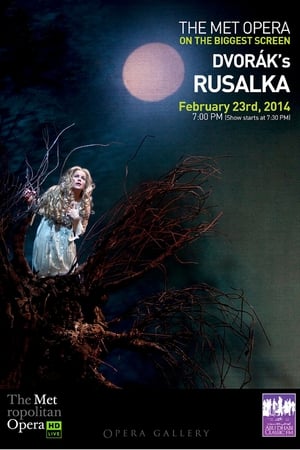 0.0
0.0The Metropolitan Opera: Rusalka(en)
Renée Fleming sings one of her signature roles, the title character in Dvořák’s sumptuously melodic Rusalka. The story of the opera, which is about a water spirit’s tragic romance with a human prince, is drawn from several folktale sources including Hans Christian Andersen’s “The Little Mermaid.” Star conductor Yannick Nézet-Séguin leads a cast that also includes Piotr Beczala as the handsome Prince whom Rusalka yearns to love; Dolora Zajick as the cackling swamp witch Ježibaba; Emily Magee as the Foreign Princess, Rusalka’s rival; and John Relyea as Rusalka’s father, the Water Sprite.
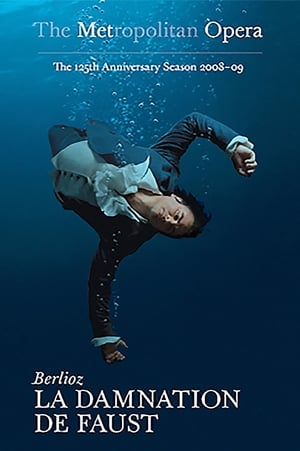 10.0
10.0Berlioz: La Damnation de Faust(fr)
Radiant mezzo-soprano Susan Graham and dashing Italian tenor Marcello Giordani are unlucky lovers in La Damnation de Faust, Hector Berlioz’s classic take on dancing with the devil.
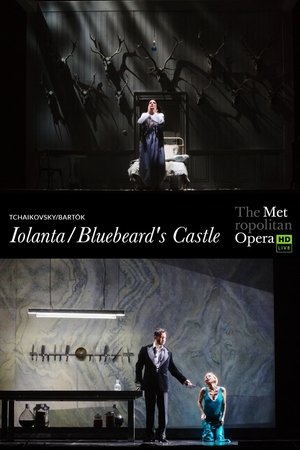 5.0
5.0Tchaikovsky: Iolanta / Bartók: Bluebeard's Castle(ru)
Valery Gergiev conducts Mariusz Trelinski’s thrilling new production of these rarely heard one-act operas. Anna Netrebko stars as the blind princess of the title in Tchaikovsky’s lyrical work, opposite Piotr Beczala as Vaudémont, the man who wins her love—and wakes her desire to be able to see. Nadja Michael and Mikhail Petrenko are Judith and Bluebeard in Bartók’s gripping psychological thriller about a woman discovering her new husband’s murderous past.
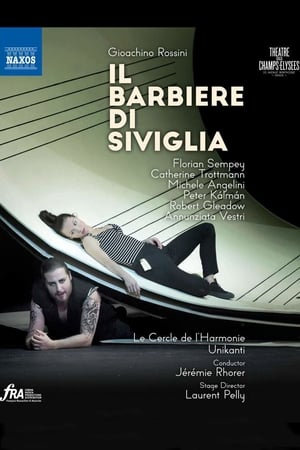 0.0
0.0Rossini: Il Barbiere di Siviglia (Théâtre des Champs-Élysées, 2017)(en)
This is Laurent Pelly’s Théâtre des Champs-Élysées staging of Rossini’s Il barbiere di Siviglia, with a cast featuring Florian Sempey as Figaro, Catherine Trottmann as Rosina, and Michele Angelini as Il Conte Almaviva. Jérémie Rhorer conducts Le Cercle de l-Harmonie.
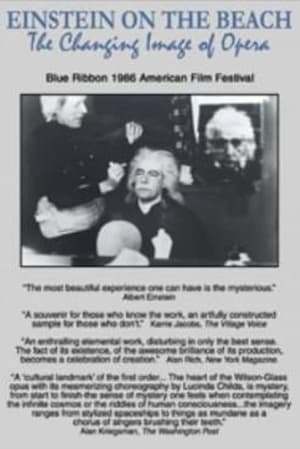 10.0
10.0Einstein on the Beach: The Changing Image of Opera(en)
The creative processes of avant-garde composer Philip Glass and progressive director/designer Robert Wilson are examined in this film. It documents their collaboration on this tradition breaking opera.
 7.0
7.0Operette(de)
A musician is offered a job in Vienna as stage director, but his disagreements with the aristocratic opera manager end in abrupt firing in spite of a mutual attraction. He's quickly engaged by another theatre and becomes famous for his lavish stage productions and fine acting, which begins their golden age with Suppé and Strauss.
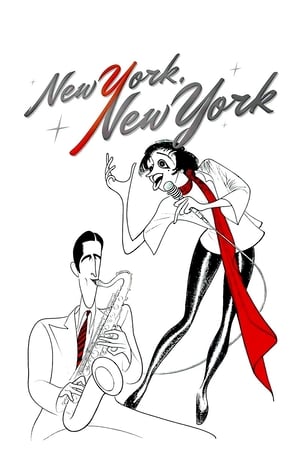 6.6
6.6New York, New York(en)
An egotistical saxophone player and a young singer meet on V-J Day and embark upon a strained and rocky romance, even as their careers begin a long uphill climb.
